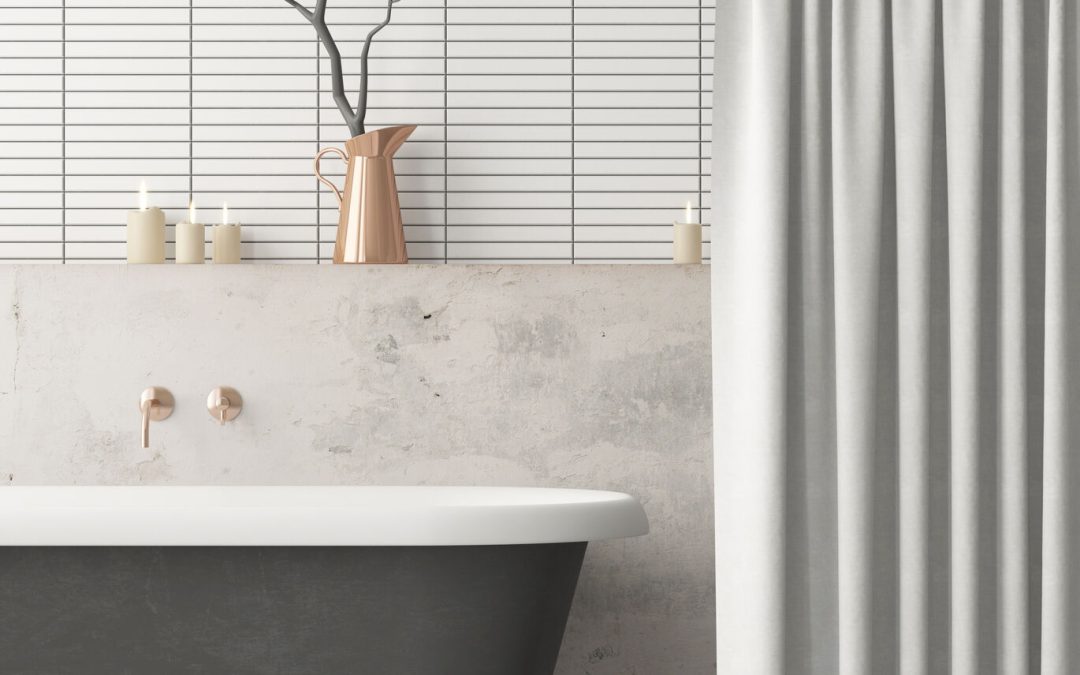 Did you know that the typical family of four uses about 12,000 gallons of water per month? Leaky faucets and toilets and other water-gobbling problems and habits can add up to hundreds or even thousands of gallons more. The good news? Many common water wasters can be fixed quickly and inexpensively. Here’s what to look out for:
Did you know that the typical family of four uses about 12,000 gallons of water per month? Leaky faucets and toilets and other water-gobbling problems and habits can add up to hundreds or even thousands of gallons more. The good news? Many common water wasters can be fixed quickly and inexpensively. Here’s what to look out for:
Little leaks. A dripping faucet can send gallons of water down the drain every day. It’s estimated that 10 percent of all homes have leaks that waste 90 gallons or more per day! Make sure your faucets don’t drip.
Inefficient showerheads. Installing new, water-saving showerheads can have a big impact on your water usage and your bill.
Long showers. Reducing your shower time by just a few minutes each day can save hundreds of gallons per month. Also, avoid running the water the entire time you’re brushing your teeth.
Problem toilets. Older toilets can use a lot more water than newer models. Toilets manufactured prior to 1993 can use two to six gallons more per flush than toilets being manufactured today. Most toilets being made today use only 1.6 gallons per flush. Leaks can be another issue. Take a few minutes to inspect each toilet in your home; you can typically hear and see evidence of leaks. Speaking of toilets, don’t use the toilet as a wastebasket. That wastes up to 5 gallons per flush.
Using your hose as a broom. Using the garden hose to wash down sidewalks and driveways, instead of using a broom, can use more than 10 gallons of water each minute!
Hand washing dishes. You can use dozens of gallons of water per load when you wash dishes by hand versus as little as four gallons of water with a newer dishwasher. That’s because most people wash dishes with running water. If you are washing dishes by hand, fill your sink with water and dish soap and wash your dishes. Run the faucet only to briefly rinse the dishes.
Landscaping with plants and trees that use a lot of water. One-third of residential water use goes toward watering the lawn and garden. Native plants and drought-resistant lawn varieties require less water. Many types of plants that are drought-resistant and require little or no water during the summer months are actually quite beautiful, and some produce stunning flowers.
Washing your vehicle at home. Washing a car at home can use a lot of water, especially if you run the hose the entire time. Consider getting your car cleaned at the car wash.

